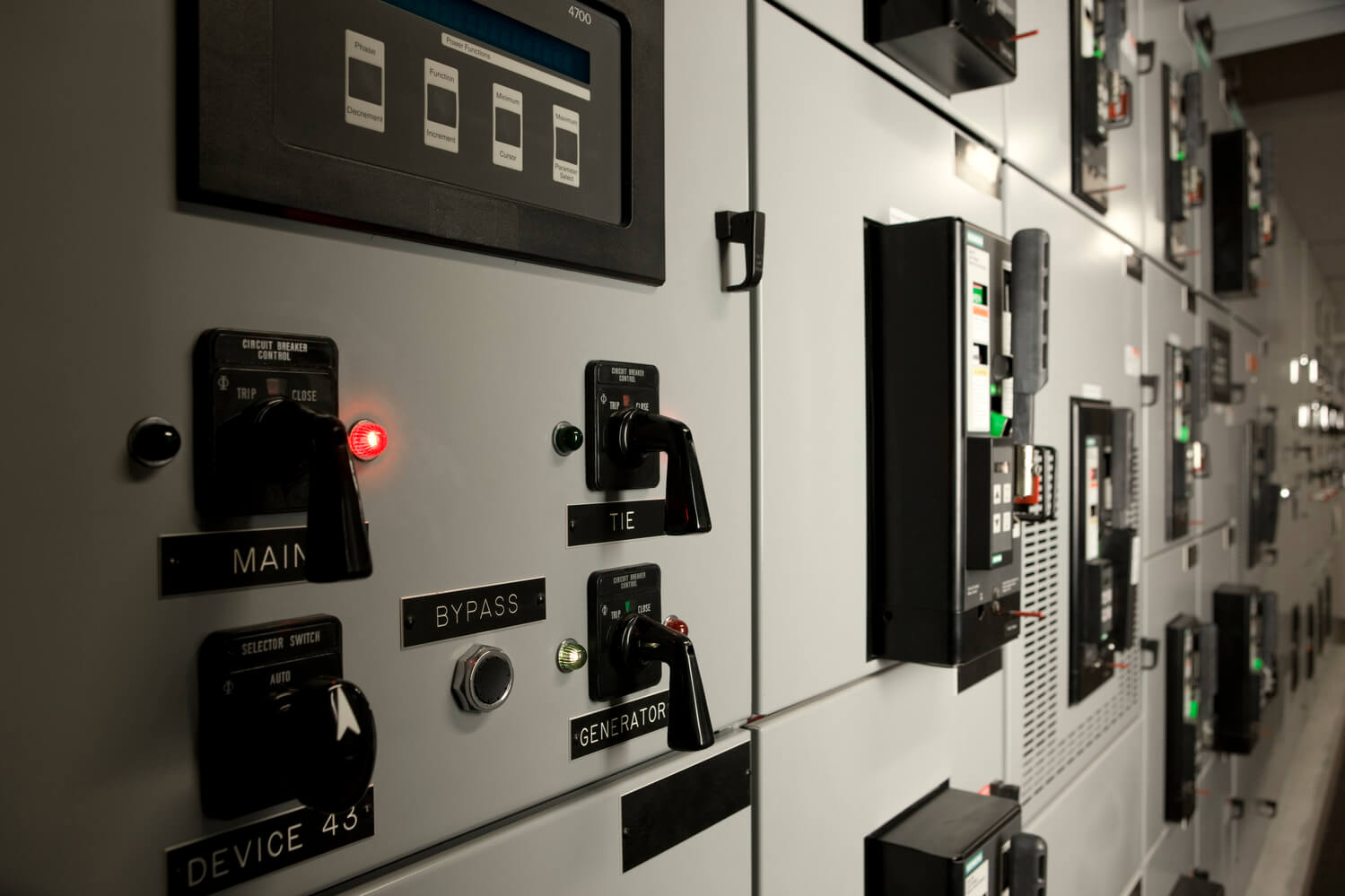How Automation and Control Systems Increase Functionality, Efficiency & Safety
Automation has proven to be transformative to the industrial, manufacturing and energy industries. Control systems manage, direct and regulate the behavior of other devices or systems through control loops. The systems can be simple with just a few modular panel-mounted controllers or incredibly complex with interactive distributed control systems that contain hundreds or thousands of field connections.
Larger systems usually include Supervisory Control and Data Acquisition (SCADA) systems, Distributed Control Systems (DCS) and Programmable Logic Controllers (PLCs). These complex systems are essential to chemical processing, manufacturing, power generation, oil and gas processing and telecommunications operations.
These control systems bring a host of benefits to their operations. Namely, they increase functionality, efficiency and safety within their processes. Let’s take a closer look.
Control Systems Increase Functionality
Without control systems, the complex operations in most industrial facilities would not be possible. Distributed Control Systems (DCS) organize the command structure and the information flowing between the constituent parts. By acting as a single automated system, DCS unifies the various subsystems. This allows process signal input and conditioning and process actuator signal output. Most importantly, it creates process displays where plant operators can monitor current values, see alarms and alter controls from a centralized control panel.
Control Systems Increase Efficiency
One way control systems can be used to increase efficiency is through Control Loop Performance monitoring (CLPM). It’s possible to improve control loop performance by monitoring the setpoint changes that occur countless times each day with CLPM. The data collected through these measures can identify opportunities to improve performance. Small changes can bring big results. For example, these tools can be used to reduce energy costs or reduce cycle time. Incremental changes can produce big results for throughput improvements and resource management.
Progressive DCS systems can also be used to integrate advanced regulatory control, logic control and sequential control. The information in these systems can be used to support manufacturing applications that inform decisions activity-based cost accounting, production scheduling, maintenance scheduling and information exchange with business applications.
Control Systems Increase Safety
In the most basic sense, control systems reduce the possibility of human error. Today’s sophisticated alarm systems, automatic event logging and logic-based control systems greatly improve safety for plant operators. Centralized control systems have easy-to-use interfaces that keep operators in control rooms instead of manually reading sensors or logging data. In some applications, changes can often be made remotely, further reducing risk in adverse operating conditions.
Control System Design from Matrix PDM Engineering
At Matrix PDM Engineering, we have been designing, maintaining and upgrading control systems for decades. Our experienced team of multi-discipline engineers can design, test and execute the control system for your modern manufacturing, production or process facility. We utilize proven project methodology to design systems that meet rigorous design standards. Throughout our process, we implement thorough simulation and testing procedures. We can meet your most challenging requirements with the highest quality automation systems. Learn more about some of our past projects or contact us today to see how we can apply our extensive experience to your next project.
